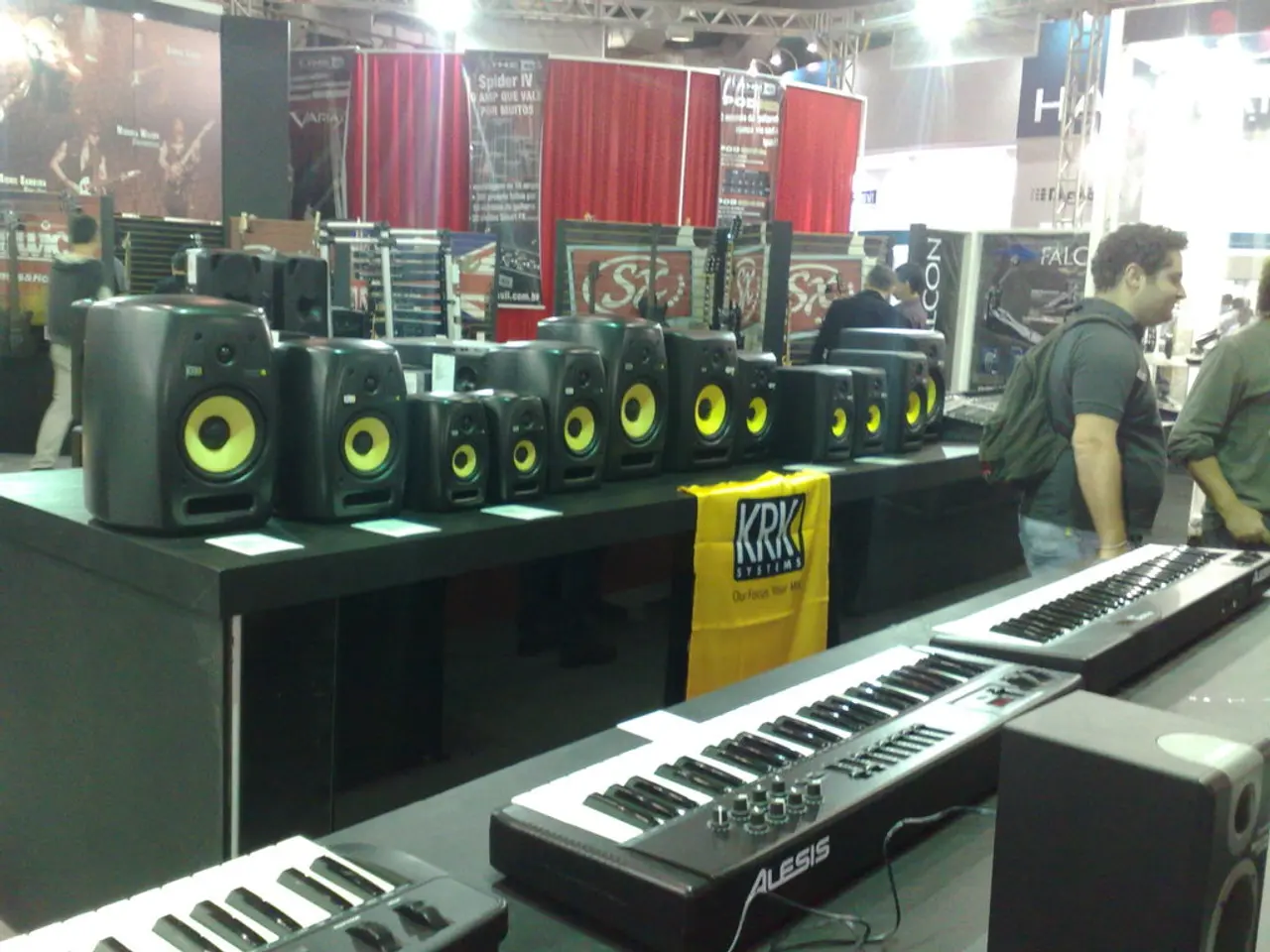High level of identification with Germany noted in MV, according to a survey - Germany's strong pull: Survey reveals exceptional bond among residents of Mecklenburg-Vorpommern
Mecklenburg-Vorpommern (MV) residents have demonstrated a strong sense of connection to their region, hometown, and Germany as a whole, according to a recent survey by YouGov. The online survey, conducted from June 27 to July 9, interviewed a total of 2,200 people and produced results that are representative of the resident population in Germany aged 18 and over.
Over three-quarters (75%) of people in MV expressed a "somewhat strong" or "very strong" connection to their region, making it one of the highest figures in the country. This figure was even higher at 78 percent when it came to national affiliation with Germany, the highest of all federal states. In comparison, Rhineland-Palatinate followed with 77 percent, and Bremen had 74 percent.
However, the survey also revealed that MV's economic affiliation within Germany is comparatively modest. The region's GDP of about 60,481 million euros and GDP per capita of 33,200 euros, as reported by Eurostat, are significantly lower than many other German federal states. For instance, Southern and western states like Darmstadt (district) have GDPs over 250,000 million euros with GDP per capita around 55,700 euros. Larger metropolitan states like Berlin show GDP values near 197,517 million euros with GDP per capita of 46,800 euros. Other regions like Hamburg and Middle Franconia also exceed MV significantly in both total GDP and GDP per capita.
Mecklenburg-Vorpommern is located in the northeast part of Germany, where Low German dialects like Plattdeutsch are more commonly spoken. This cultural difference contrasts with the High German speaking southern and central states.
Despite these economic differences, when asked about Europe, 62% in MV expressed a "somewhat strong" or "very strong" connection. The survey did not provide specific data for the city of Rostock or Cologne, nor did it provide information about the affiliation with specific cities within MV. The results were weighted according to the sampling method and were quota-sampled by age, gender, and region.
Affiliation with one's immediate place of residence is strongly expressed nationwide, with an average of 69 percent feeling somewhat or very strongly connected to their place of residence. The lowest affiliation with the federal state was observed in North Rhine-Westphalia (NRW) at 58%. Saxony had the lowest affiliation with Germany at 62 percent.
In summary, the survey results indicate a strong sense of regional and national affiliation among MV residents, despite the region's lower economic affiliation within Germany. The cultural differences, as evidenced by the prevalence of Low German dialects, further highlight the unique character of MV within the broader German context.
Democratic leaders in Mecklenburg-Vorpommern (MV) could potentially strengthen the region's economy by considering policies that promote vocational training. With nearly three-quarters of MV residents expressing a strong connection to their region and Germany as a whole, such initiatives could resonate with the general public, generating public support and potentially boosting the region's economic growth. Integrating vocational training programs into the community policy, thus addressing both educational needs and the pressing economic concerns, could serve as a strategic step in this direction. This concept could be further discussed in political forums and general-news outlets to keep the public informed and engaged on the topic.







